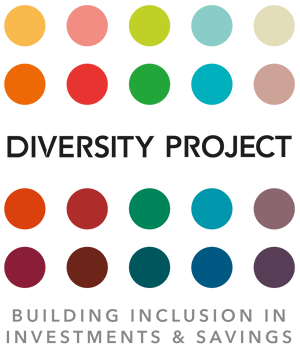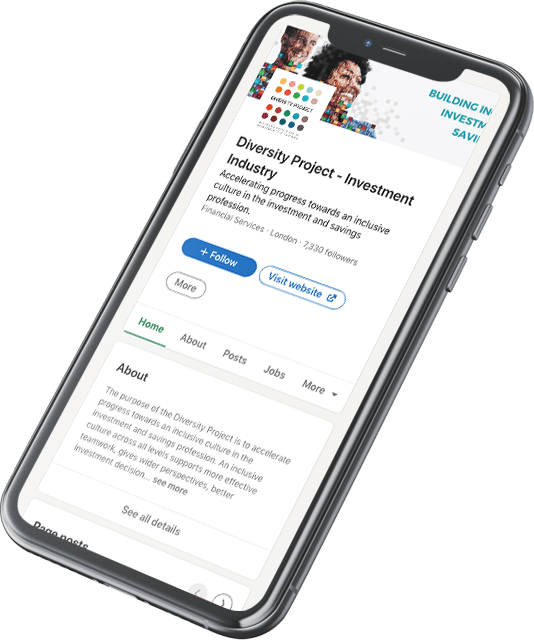The investment and savings industry has seen growing commitment, resolve and action to address the lack of diversity and to make workplaces more inclusive – but to date efforts around gender have been greater than the results.
The proportion of female fund managers has hovered around 10 per cent over the past four years while just 4 per cent of money managed in the UK is run exclusively by women 1. The industry’s gender pay gaps — based on last year’s data — are the second largest of any UK sector, exceeded only by investment banking.
The Diversity Project has reviewed its own efforts to address this problem and concluded that a new approach is needed, with greater intensity and more targeted interventions.
Dame Helena Morrissey, Chair of the Diversity Project and Founder of the 30% Club said:
“All the evidence suggests we continue to make painfully slow progress towards encouraging more women into fund management and to build their careers in our industry. At the same time, a sense of fatigue has set in around the topic of gender diversity.
Yet the arguments for having more women run money, manage people, lead client relationships and contribute to our industry’s culture and future are stronger than ever.
We’ve analysed the obstacles and devised a new intensive, wide-ranging set of initiatives to address them and create new enablers for women to progress. And we’ve decided to set ambitious goals to hold our collective feet to the fire and actually deliver the progress needed.”
The new gender workstream is being led by Dame Helena. Stephen Welton, Executive Chairman of BGF and member of the Diversity Project’s Advisory Council, is the Executive Sponsor.
Six sub-groups are already working on different aspects of the problem and solution, including line manager attitudes and lack of people management training, industry culture, job design and career mapping, mentoring and sponsorship opportunities, industry reputation, role models, the maintenance of track records after a career break and metrics so firms understand their own specific problem areas.
A sub-group of the Advisory Council, comprising six CEOs and senior industry figures and chaired by Stephen Welton, who is working on the leadership aspects of the issue and how to ensure this is considered with a sense of urgency.
Stephen Welton said:
“It is critically important that as an industry we make a step change now with bold action to improve diversity and inclusivity in the workplace. On an individual level, key to this is challenging internal biases and ‘unlearning’ many of the unconscious assumptions that perpetuate the gender inequality that still exists today.
This set of initiatives is intended to engage more women in the asset management industry, but also to encourage female entrepreneurship more broadly, so that targeted interventions have a magnifying effect across the whole ecosystem.”
The Diversity Project has a number of existing efforts that are relevant to its new ambitions around gender, such as SMART working, Returners and Working Families, and the new workstream will leverage these efforts.
The Diversity Project is also partnering with a number of expert groups in this field, including CityHive, Women Ahead, Women Returners, UpReach and Timewise. It is considering ways to contribute to efforts to encourage more women into private equity and venture capital firms and to in turn support more female entrepreneurship in the UK.
Dame Helena added:
“We’re at a crossroads for workplace gender equality efforts, with women having shouldered much of the household and childcare duties during Covid-19, yet also able to work more flexibly and from home. The investment industry is seeking to build back better from the crisis, developing the lessons learned so that firms are more modern, more inclusive and more resilient.
Ensuring women are a key part of the next phase, involved in the decision-making and offering their perspectives will help us serve our clients better. It’s the right moment to reassess and redouble our efforts to improve the representation of women, especially in fund manager roles, the lifeblood of our industry. The goals are ambitious and show that we’re serious.”
To help the investment industry build on lessons learned from the crisis, the Diversity Project published a compendium ‘Build Back Better’ setting out the key considerations facing firms as they begin to return to offices, together with ideas to make faster progress on inclusion. The re-launch of the project’s efforts around gender is part of its own contribution to this goal.





